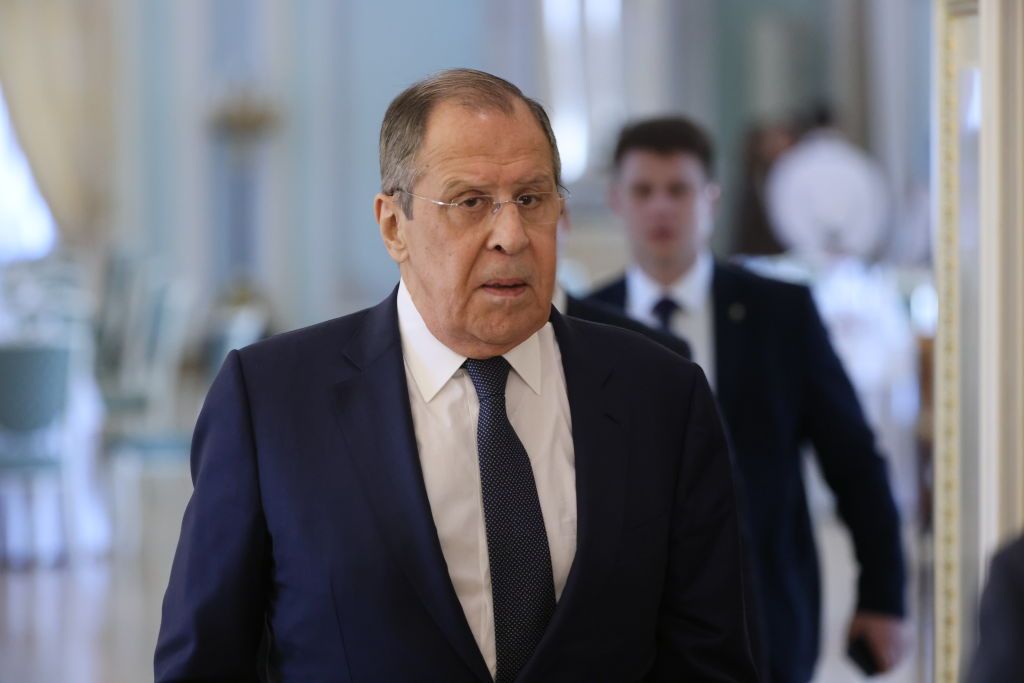Russia’s dismissal of Ukraine’s peace plan and refusal to withdraw its troops from occupied areas has created a stalemate in negotiations. Russian Foreign Minister Sergey Lavrov criticized President Zelensky’s 10-point peace formula, which includes the restoration of Ukraine’s territorial integrity and the release of prisoners of war. Despite support from Western allies, Russia has refused to participate in the upcoming peace summit in Switzerland. Lavrov also criticized U.S. attempts to separate arms deals from the war in Ukraine, calling it a failure of diplomacy.
The recent wave of missile and drone attacks by Russia on Ukraine’s critical infrastructure has further escalated the conflict. The attacks between March 21-25 targeted Ukraine’s power grid, causing widespread damage and destruction. As the violence continues, there are concerns about the impact on Ukraine’s energy and food security as well as nuclear safety. The international community is set to discuss Kyiv’s peace formula and create a joint document to restore Ukraine’s sovereignty, but without Russian participation, achieving peace remains uncertain.
Despite assurances from Swiss officials that Russia will be invited to the peace summit, Lavrov’s rejection of the peace formula raises doubts about the prospects for a diplomatic solution. Lavrov’s criticism of Western politicians for supporting Zelensky’s plan reflects the deep divisions and conflicting interests in the ongoing conflict. The war in Ukraine has highlighted the challenges of diplomacy and the urgent need for a peaceful resolution to avoid further escalation of violence and suffering.
As the conflict in Ukraine intensifies, there are concerns about the impact on civilians, particularly children caught in the crossfire. Some analysts suggest that Ukraine may have no choice but to lower its fighting age, further highlighting the humanitarian crisis unfolding in the region. The failure of diplomatic efforts to reach a ceasefire and negotiate a peace settlement underscores the importance of supporting independent journalism in Ukraine to shed light on the reality of the situation and hold all parties accountable for their actions.
Supporting independent journalism in Ukraine is crucial in the fight for truth and accountability in the midst of the ongoing conflict. As Russia continues its military offensive in Ukraine and rejects international calls for peace, independent reporting provides a vital source of information for understanding the complexities of the situation. By joining the efforts to support independent journalism, individuals can contribute to raising awareness and promoting transparency in the face of disinformation and propaganda that often permeates in times of crisis. The role of journalism in highlighting human rights abuses, war crimes, and the humanitarian impact of the conflict is essential in advocating for justice and peace in Ukraine.
In conclusion, the rejection of Ukraine’s peace plan by Russia and the continued violence in the region underscore the urgent need for diplomatic solutions and international support for Ukraine. As the conflict escalates, the role of independent journalism in shedding light on the truth and holding all parties accountable becomes increasingly important. By supporting independent reporting, individuals can contribute to the fight for peace and justice in Ukraine, and help counter disinformation and propaganda that perpetuate the conflict. The challenges of diplomacy and the complexities of the conflict require a unified effort to promote transparency, truth, and accountability in the pursuit of a peaceful resolution to the crisis.















